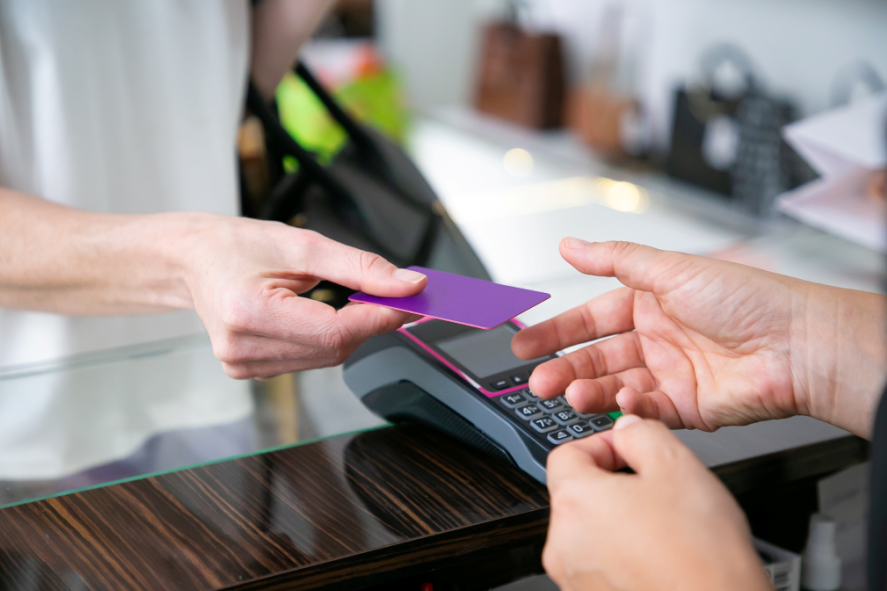In the future of payment processing, businesses will increasingly adopt advanced technologies to enhance transaction efficiency and security. Digital wallets and mobile payments will become more prominent, providing convenience and speed. Artificial intelligence will play a significant role in personalizing customer experiences and improving fraud detection. Additionally, the expansion of contactless payments, driven by both technological advancements and hygiene concerns, will further transform the payment landscape, making transactions faster and more user-friendly.
The Integral Role of Payment Processing in Modern Commerce
At the core of every successful business is its ability to conduct secure and efficient financial transactions. Payment processing companies are central to this, offering sophisticated solutions that streamline these transactions while safeguarding sensitive financial data. As cyber threats become increasingly sophisticated, the role of these companies in implementing robust security protocols, including advanced encryption and fraud detection systems, is more vital than ever.

Payment processing plays an integral role in modern commerce, facilitating seamless transactions between businesses and consumers. This critical function involves several key elements:
- Transaction Initiation: A customer initiates a payment using a credit or debit card, online payment gateway, or mobile payment method. This step is where the customer’s payment information is collected and prepared for processing.
- Data Encryption: To ensure security, the payment information is encrypted during transmission. This protects sensitive data such as credit card numbers from being intercepted by unauthorized parties.
- Authorization Request: The encrypted data is sent to the payment processor, who forwards it to the card-issuing bank for authorization. This step verifies that the card is valid and has sufficient funds or credit available.
- Authorization Response: The card issuer sends a response back to the payment processor, either approving or denying the transaction. This response is then relayed back to the merchant and the customer.
- Payment Settlement: Upon authorization, the transaction amount is transferred from the customer’s account to the merchant’s account. This process, known as settlement, typically occurs within a few days.
- Transaction Recording and Reporting: Both the merchant and the customer receive records of the transaction. Merchants also get detailed reports from their payment processors, which are crucial for accounting and managing finances.
- Fraud Detection and Prevention: Modern payment processors incorporate advanced algorithms and security measures to detect and prevent fraudulent activities. This includes monitoring unusual transaction patterns and verifying the identity of the transactor.
Overall, payment processing is a complex but essential component of modern commerce, enabling businesses to conduct transactions safely, efficiently, and in compliance with regulatory standards.
Top of Form
Embracing Innovations in Payment Processing
The field of payment processing is continuously evolving, driven by technological advancements. Companies in this sector are adapting by introducing innovative solutions like mobile payments, blockchain technology, and contactless transactions. These developments not only cater to the changing needs of businesses and consumers but also enhance transactional efficiency and security. Businesses that are quick to integrate these innovations can significantly improve their operational efficiency and customer satisfaction.

Selecting the Ideal Payment Processing Partner
With a plethora of payment processing solutions available, selecting the right service provider is a crucial decision for businesses. Important considerations include transaction fees, the range of services offered, and customer support. The ideal payment processing company should align with the specific needs and objectives of the business, offering tailor-made solutions that foster growth and customer trust.
Trends Shaping the Future of Payment Processing
The future of payment processing is marked by several emerging trends. The rise of contactless payments, the integration of artificial intelligence in transactional processes, and the emphasis on personalized customer experiences are just a few developments reshaping the landscape. Businesses that keep pace with these trends and understand their potential impact are better positioned to stay ahead in their respective industries.
Conclusion
Navigating the complexities of payment processing presents both challenges and opportunities for businesses. Understanding the current trends and anticipating future developments are key to making informed decisions that support business growth. In this journey, the choice of a payment processing partner can be a pivotal factor, offering the necessary tools for ensuring smooth, secure, and efficient financial transactions.
